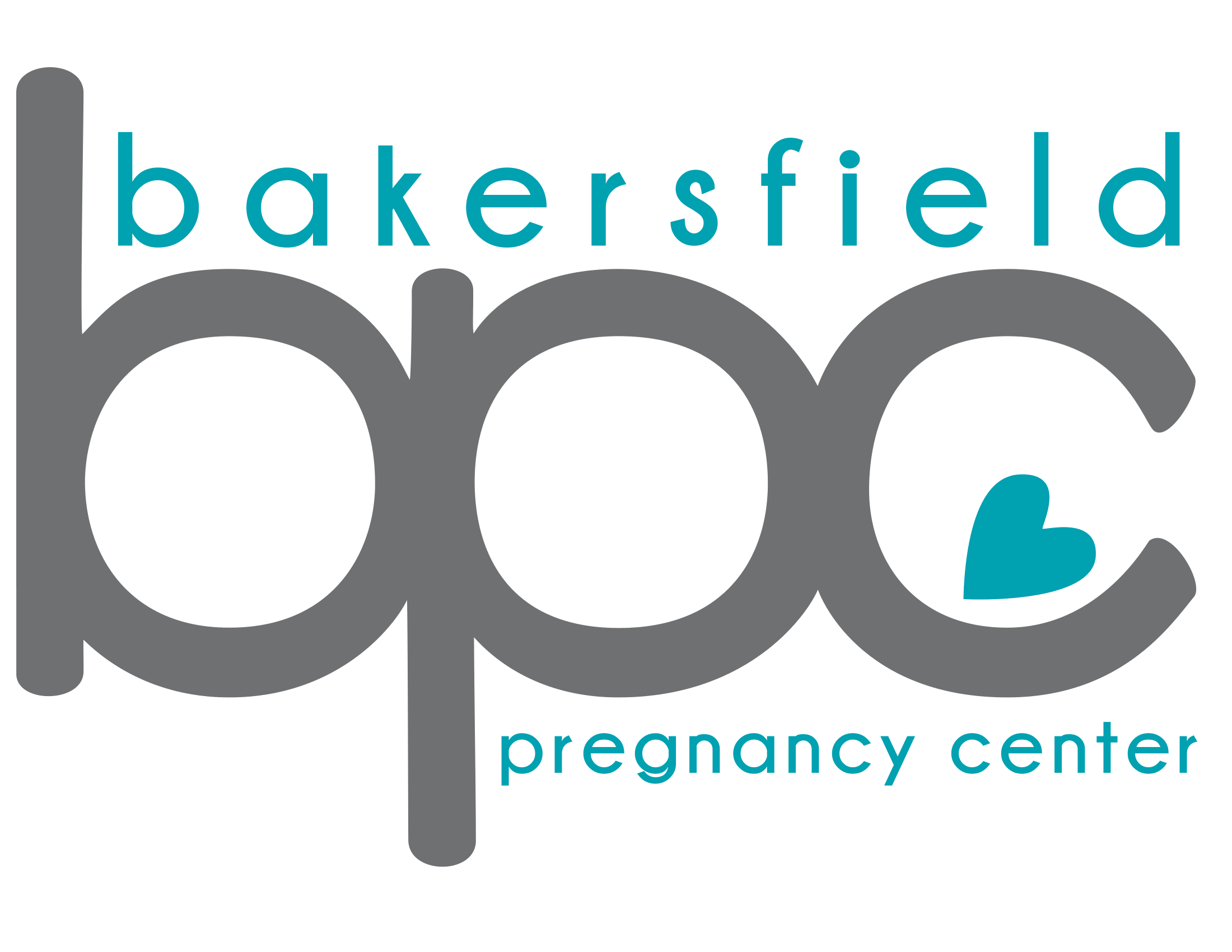Why are prenatal vitamins important?
During pregnancy, a healthy diet is the best way to give your body and your developing baby the necessary nutrients. But sometimes during pregnancy, there may be some shortages of certain vitamins and nutrients in your diet. Taking a prenatal vitamin will help to fill those gaps. The vitamins and nutrients that are in prenatal vitamins will support your baby’s growth, support the natural changes that your body goes through during pregnancy, and may also reduce nausea and help prevent preterm birth.
When Should I start taking prenatal vitamins?
It is best to begin taking prenatal vitamins before conception. Folic acid, which is one of the vital nutrients in prenatal vitamins, helps prevent neural tube defects in the developing fetus. The neural tube develops into the baby’s brain and spinal cord. The embryonic stage of fetal development (the first 10 weeks of pregnancy) is the period of time that the neural tube, as well as other organ systems, develop. This is the time that is most critical for the fetus to receive the nutrients provided in a prenatal vitamin. Since many women don’t even know they are pregnant until at least 4 or 5 weeks of pregnancy (when they’ve missed a period), it is best to begin taking prenatal vitamins before you even start trying to become pregnant.
What ingredients should I look for when choosing a prenatal vitamin?
Prenatal vitamins are full of a long list of important nutrients, but the most critical nutrients for you and your baby are Folic Acid and Iron. Look for a prenatal vitamin with at least 400 mcg of folic acid (vitamin B9) to help prevent neural tube defects in the developing fetus. If your family has a history of neural tube defects, you may need to take an additional folic acid supplement. Talk to you doctor about this.
Iron is another important nutrient because it helps your body to make red blood cells, which supply oxygen to the baby. During pregnancy, your normal blood volume increases by about 50%, so your body requires an increased amount of iron to support that growth. Look for a vitamin with 30 mg of iron (Fe).
Iodine helps the thyroid and brain development of your baby. According to the American Academy of Pediatrics, pregnant women should take supplemental iodine, 150 mcg.
Vitamin B6 may help decrease nausea during pregnancy, or “morning sickness”. Look for a vitamin with 2 mg of Vitamin B6.
Should I take my vitamin at morning or night? Are there any other special instructions?
It doesn’t matter what time of day you take your vitamin, as long as you take one vitamin each day. It is best to take the vitamin with food, so that all the nutrients will be well-absorbed into your body. If you are experiencing morning sickness regularly, try taking the vitamin with lunch, an afternoon snack, or with your evening meal (anytime of day when you usually feel the least nauseous). If you accidentally skip a day, don’t worry, and don’t make up for it by taking 2 vitamins the next day. Just get back to your normal schedule of one vitamin per day as soon as you can.

